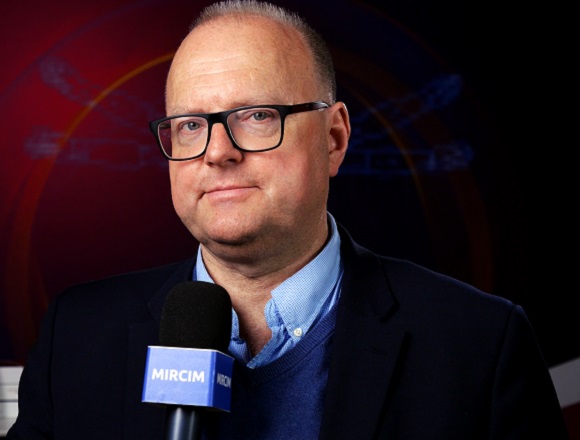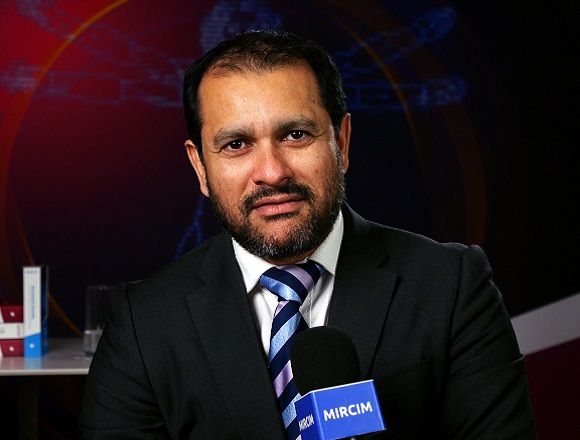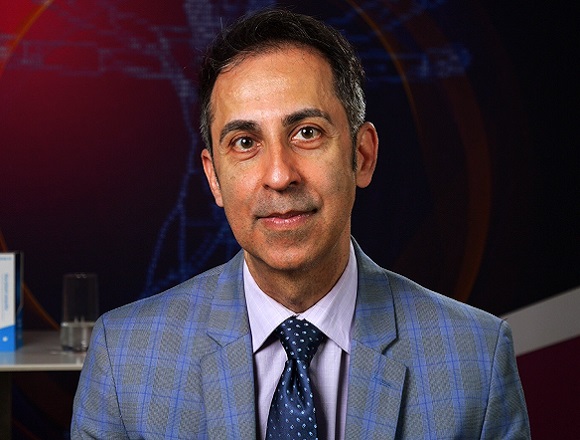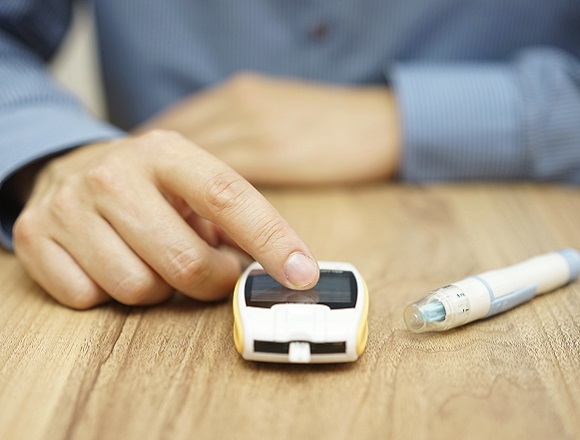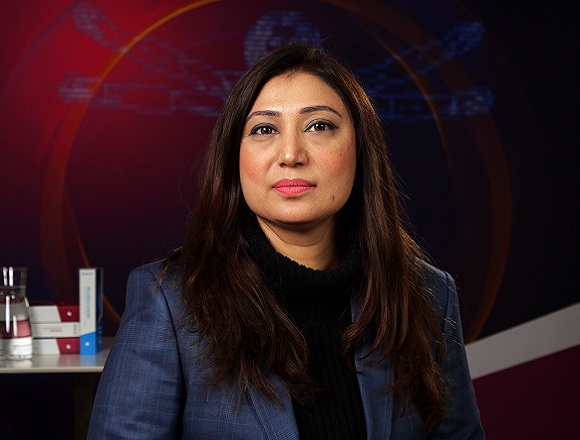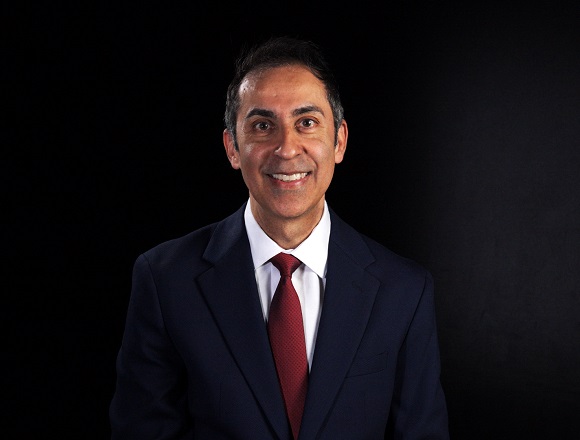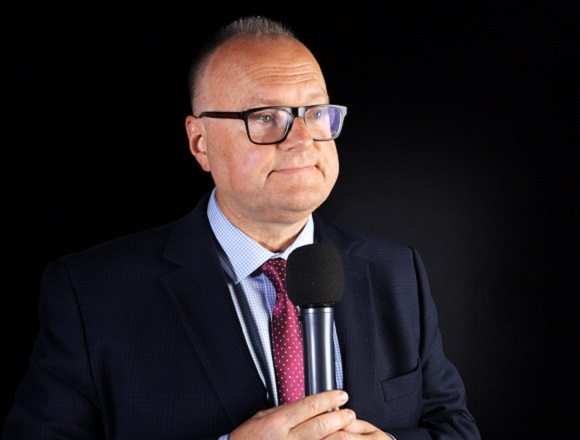Leszek Czupryniak, MD, PhD, is head of the Department of Diabetology and Internal Medicine at the Medical University of Warsaw, Poland.
With the current progress of medicine, can we expect that the use of insulin in people with type 2 diabetes will soon pass into history and the only injection therapy will involve effective drugs from the glucagon-like peptide-1 (GLP-1) receptor agonists, promoting significant weight loss?
Leszek Czupryniak, MD, PhD: I would answer this question provocatively. I would say, yes, we would love this to happen. It would be much, much easier to treat type 2 diabetes with no need to use insulin. Insulin is a great drug. We love it. This is what makes diabetology a separate specialization. One of the definitions of a diabetologist is that this is a physician who uses insulin in his or her patients on a daily basis. However, that will not be possible. To be serious, it’s neither good or bad. That’s just the reality and the natural history of the disease.
What is the essence of type 2 diabetes? We have 2 main derangements. One is insulin resistance, which is associated with inability of the body to compensate this insulin resistance with the increased insulin secretion—production and secretion. We see patients who are extremely obese and who are therefore extremely insulin resistant but have no diabetes. Their blood glucose is absolutely normal. However, their insulin levels are sky-high. Their pancreas produces enormous amounts of insulin to make the cells of the body, which are already full of energy, full of fat, still consume, still absorb glucose. Diabetes starts with the moment when those beta cells are unable to produce as much insulin as needed to maintain normoglycemia. The relative deficit of insulin is the essence of diabetes, the triggering factor. It is something without which diabetes would not occur, so it must be there.
Of course, GLP-1 receptor agonists increase insulin secretion in a strictly glucose-dependent manner. They are perfectly safe, they cause no hypoglycemia, and also cause weight loss. They are excellent drugs, they have potency, efficacy, very similar to insulin in terms of glucose lowering, minus those 2 side effects of insulin, so, hypoglycemia and weight gain. But still, in patients who—and that is something we still don’t know because GLP-1 receptor agonists have been started to be used widely in the last 3, or 4, or 5 years, really, so it’s a short time in terms of diabetes, the natural history of diabetes—we really don’t know how long a patient must or may be taking a GLP-1 receptor agonist and how long this treatment will be effective to defer or delay insulin initiation. I guess in some patients it may delay it very substantially, maybe even forever.
We see patients whom we take off insulin once we start the GLP-1 receptor agonists, while in other patients who are already experiencing insulin deficit, this will help for a year or 2 and they will need insulin supplementation anyway. Again, it’s very individual. I don’t think, therefore, that we will not need insulin to treat type 2 diabetes at all in the future. It will stay, but its position will change. Its position is actually already changing. We are now very much recommending the use of basal insulin as the initial therapy—that has been happening for years, but when combined with GLP-1 receptor agonists, we know that this treatment might be very effective for a longer time than using basal insulin alone. We might see more and more patients on insulin, but it will be basal insulin used in combination with GLP-1 receptor agonists, and for years we will not need to add prandial insulin before every meal. We will see. So, no, don’t worry, all insulin producers, if you listen to us now. You will still have something to produce. Your product will only be started a bit later and we will be using or prescribing more basal insulins than prandial insulins, but it will still be necessary. In fact, one cannot really imagine a diabetologist who will not be using insulin at all.
 English
English
 Español
Español
 українська
українська

